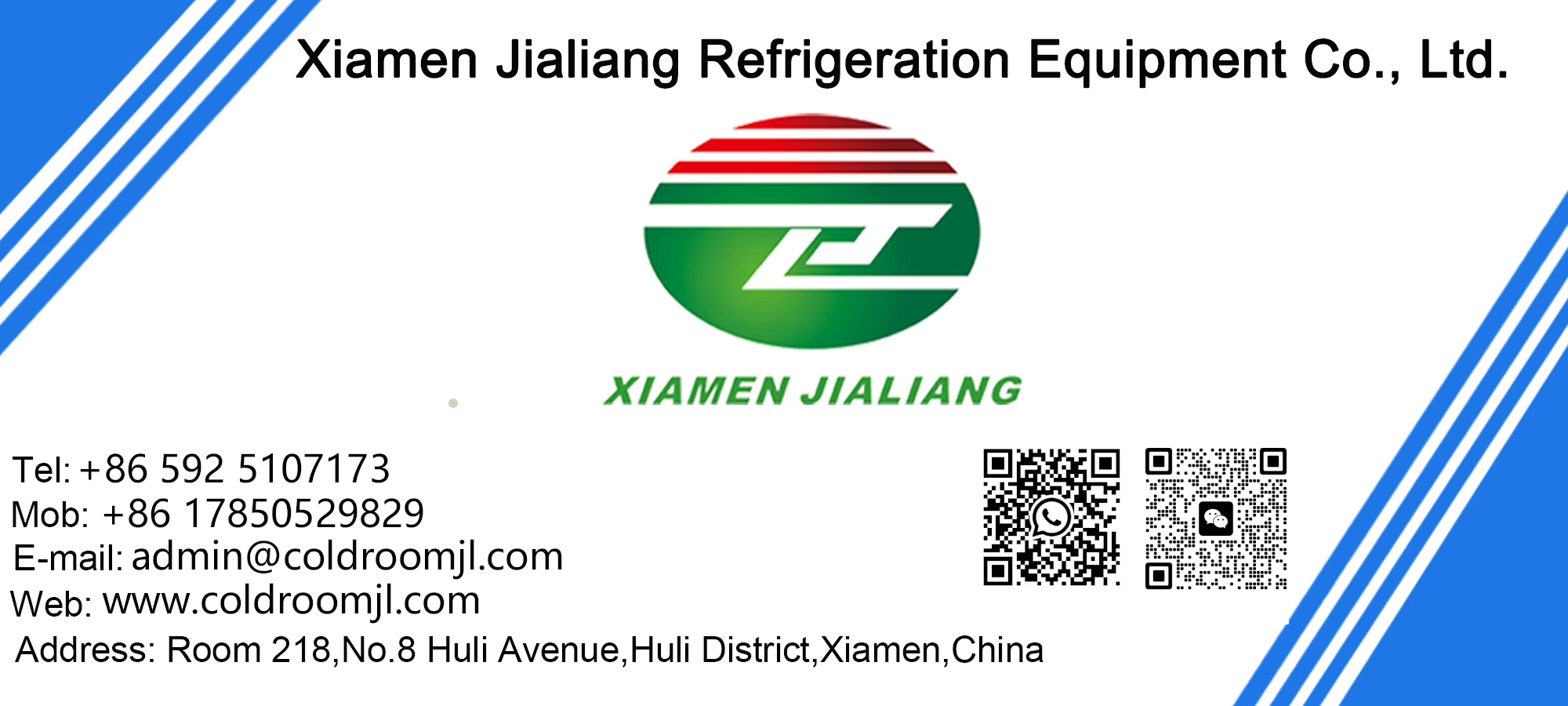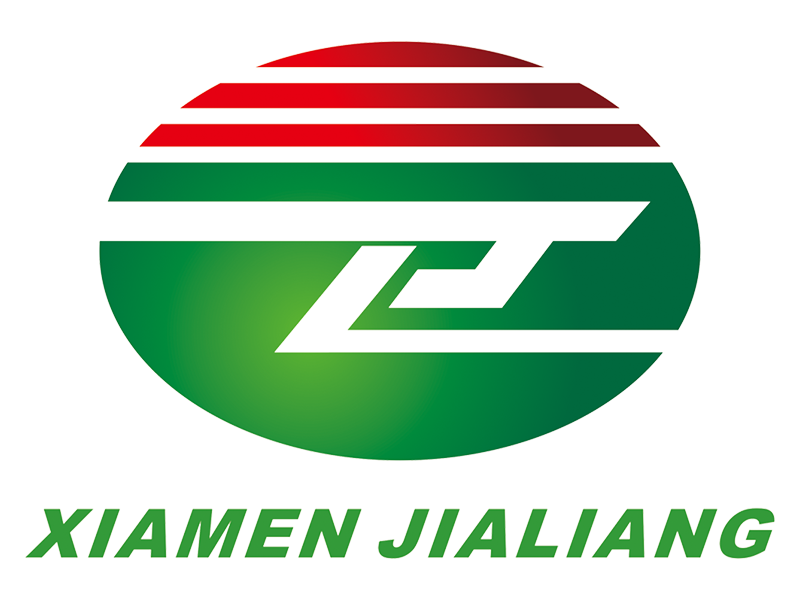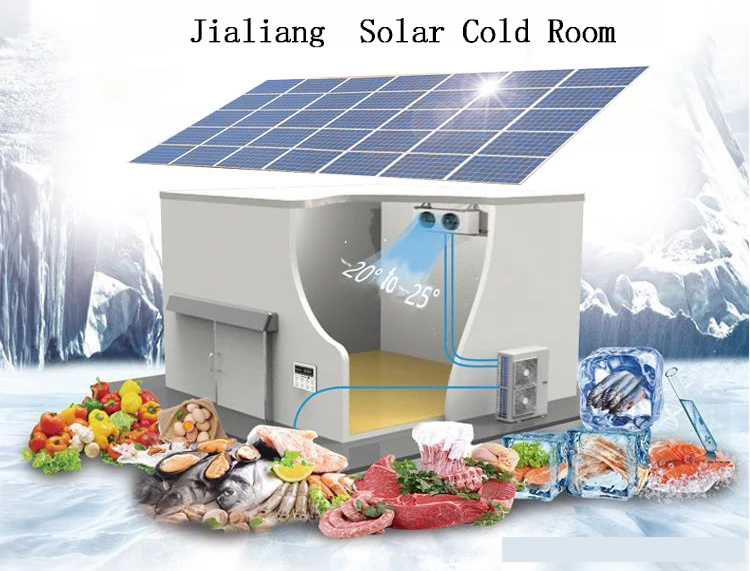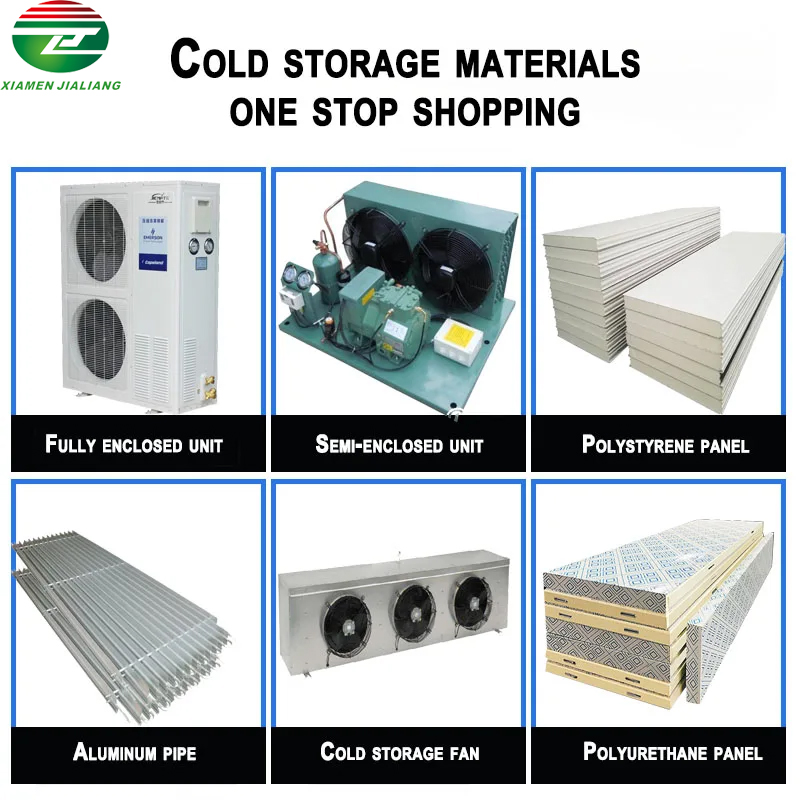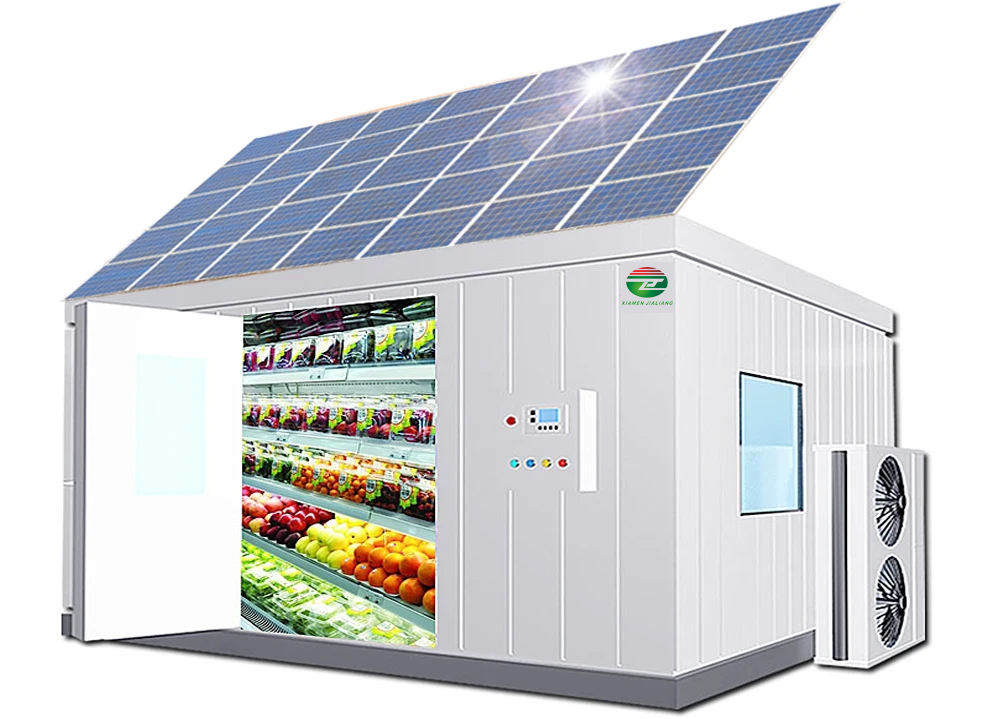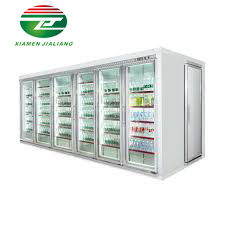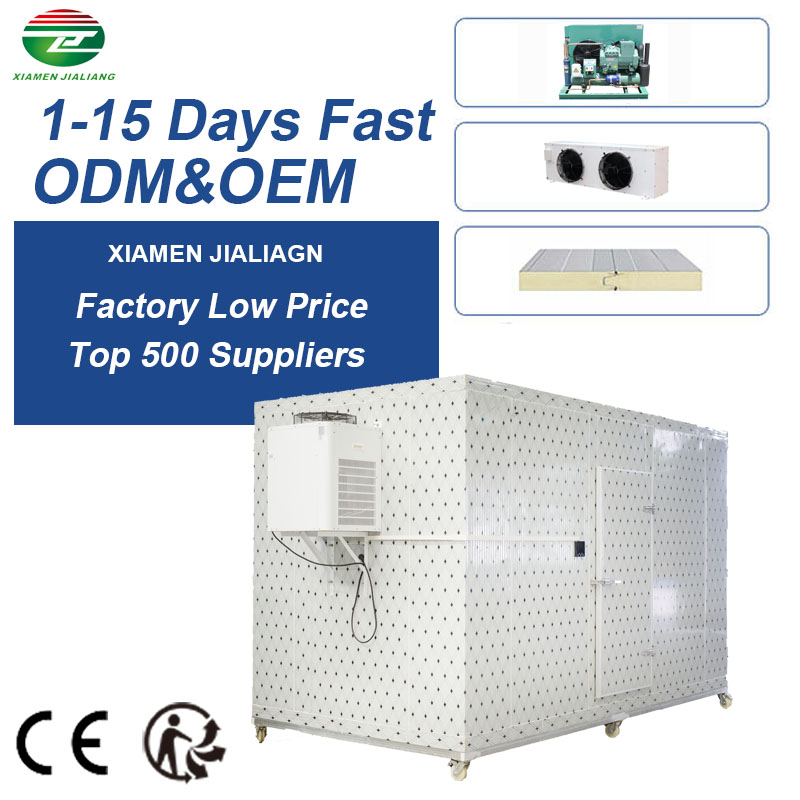Solar-powered cold storage technology: a new approach to sustainable food preservation
Green energy helps revolutionize food preservation to meet global food security challenges
Solar-Powered Cold Storage: A Sustainable Solution for Food Preservation
The rapid economic development and continuous population growth are causing significant pressure on food supplies. The sustainability of the food supply chain and food storage is becoming increasingly important. However, traditional refrigeration facilities face challenges in reducing energy consumption and mitigating the externality of environmental pollution. In response to these issues, Solar-Powered Cold Storage has emerged as a promising solution. Let's explore the working principles and advantages of Solar-Powered Cold Storage.
Working Principles of Solar-Powered Cold Storage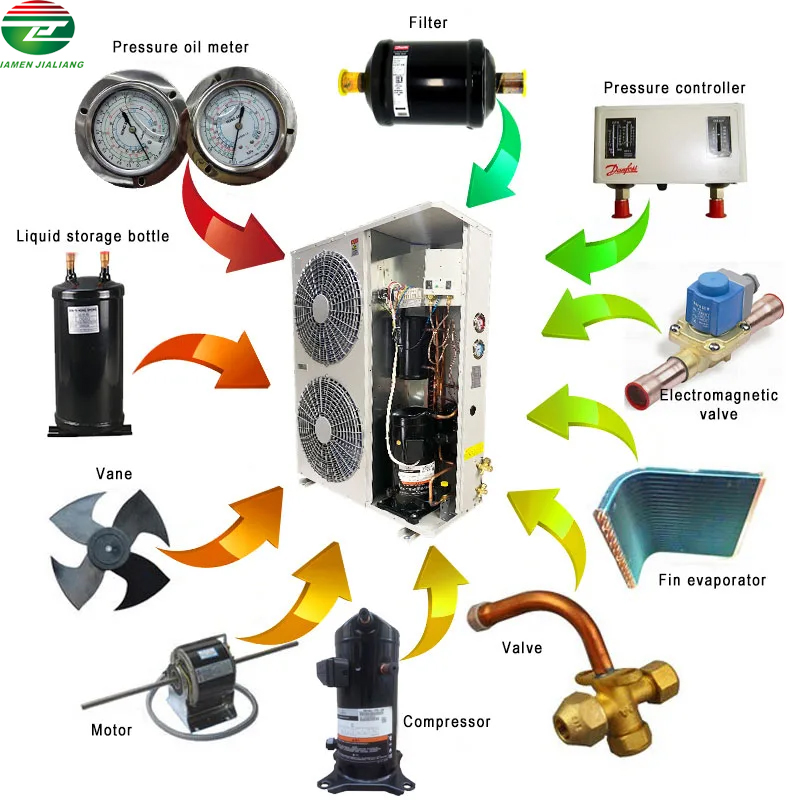
Solar-Powered Cold Storage operates based on a solar photovoltaic (PV) power system. Solar energy is converted into electricity through PV panels installed on the roof of the cold storage, which is stored in batteries for use by the refrigeration system. This independent solar power system eliminates the reliance on the conventional grid, reducing operational costs and dependence on non-renewable energy sources. Key components include PV panels, battery energy storage systems, refrigeration equipment, and control systems.
PV panels serve as the energy collection devices for Solar-Powered Cold Storage. The PV panels installed on the cold storage roof convert solar radiation into direct current (DC) electricity. These panels typically consist of multiple photovoltaic cells arranged in series and parallel configurations to enhance energy collection efficiency.
Battery energy storage systems play a vital role in Solar-Powered Cold Storage. They store the electricity collected from PV panels during daylight hours. These batteries usually have high energy density and long lifespans, providing the required electricity during nighttime or low radiation conditions to ensure the proper functioning of the refrigeration equipment.
Refrigeration equipment is the core component of Solar-Powered Cold Storage, responsible for maintaining low temperatures for perishable food and other items. It typically includes compressors, evaporators, condensers, and control systems. These devices circulate refrigerants using electricity to remove heat from the interior of the cold storage, thereby lowering the temperature and maintaining stability.
Advantages of Solar-Powered Cold Storage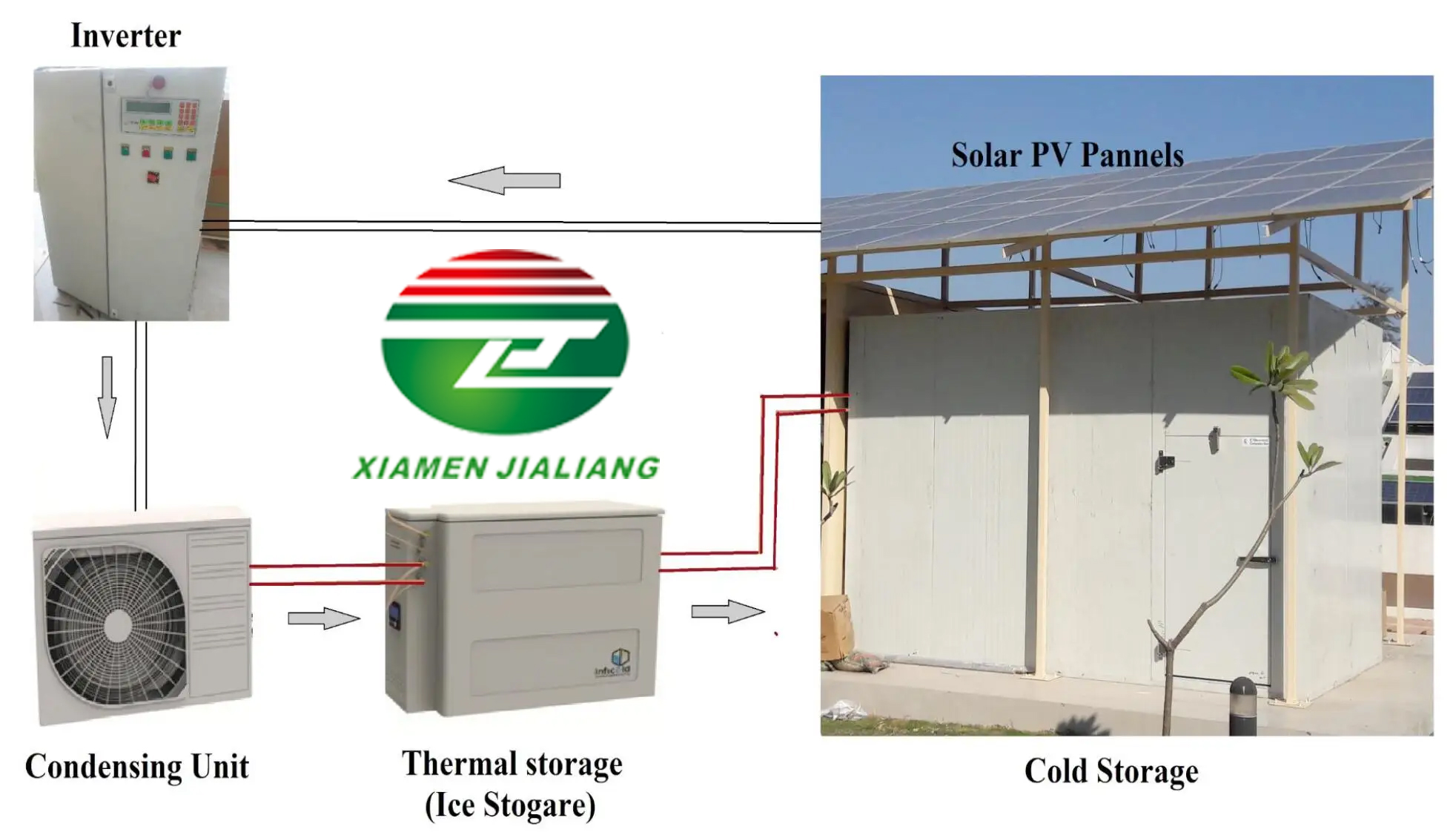
Solar-Powered Cold Storage offers numerous advantages over traditional cold storage, making it an innovative solution for sustainable development.
Firstly, it is an environmentally friendly and sustainable choice. Solar energy is an infinite renewable energy source that does not produce greenhouse gas emissions or other pollutants. Using Solar-Powered Cold Storage reduces reliance on fossil fuels, lowers carbon emissions, and contributes to addressing climate change.
Secondly, Solar-Powered Cold Storage is independent of the conventional power grid and highly adaptable. Since it does not require connection to the grid, it can be deployed in remote areas or places with limited access to electricity, expanding the coverage of refrigeration facilities and improving conditions for food preservation and distribution.
Additionally, Solar-Powered Cold Storage has lower operating costs. Solar energy is free, eliminating the need for expensive electricity bills. Furthermore, the maintenance costs of Solar-Powered Cold Storage are relatively low as they typically lack complex mechanical and moving parts.
The Social Benefits of Solar-Powered Cold Storage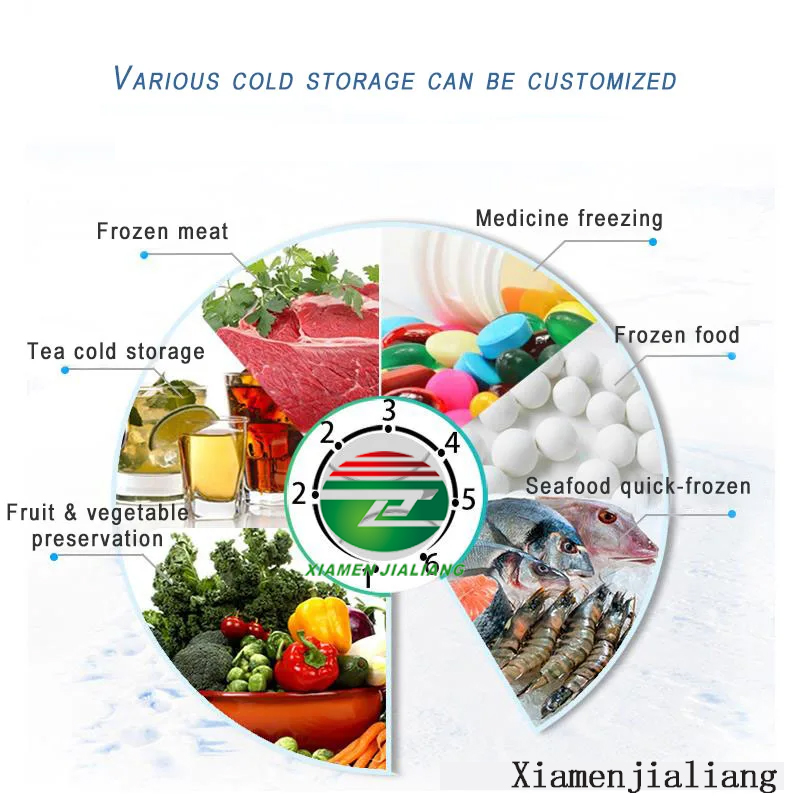
Solar-Powered Cold Storage also has positive impacts on the environment and society. On one hand, it helps reduce food losses. Proper refrigeration and storage extend the shelf life of food, reducing food waste and improving accessibility to agricultural markets. This is crucial for global food security and addressing hunger issues. On the other hand, the promotion and application of Solar-Powered Cold Storage can create job opportunities, foster sustainable development, and contribute to economic growth.
Conclusion
In conclusion, Solar-Powered Cold Storage is an innovative solution that leverages solar energy technology for efficient and sustainable food storage. Its environmental characteristics, independent power system, and social impact make it an important direction for the modern refrigeration industry. With further technological advancements and widespread adoption, Solar-Powered Cold Storage has the potential to drive sustainability globally and make significant contributions to addressing challenges in food storage and distribution.If you would like to know more please contact us at www.coldroomjl.com